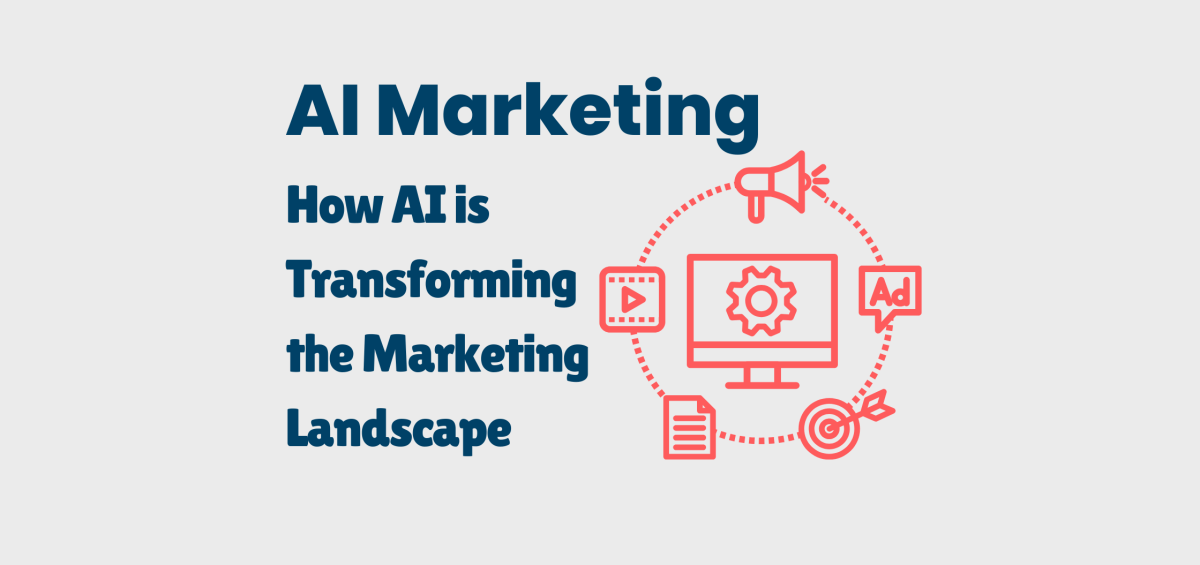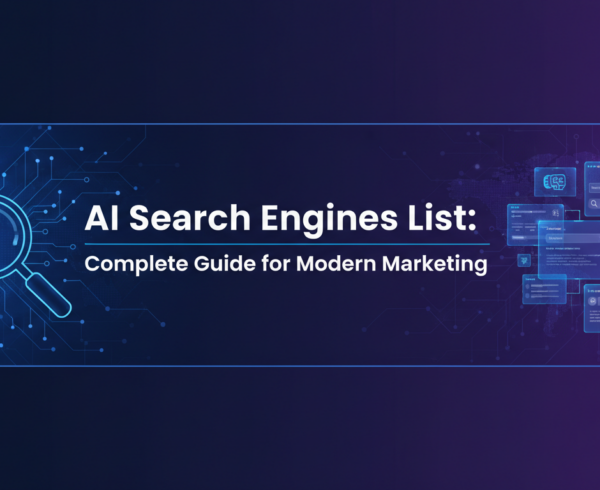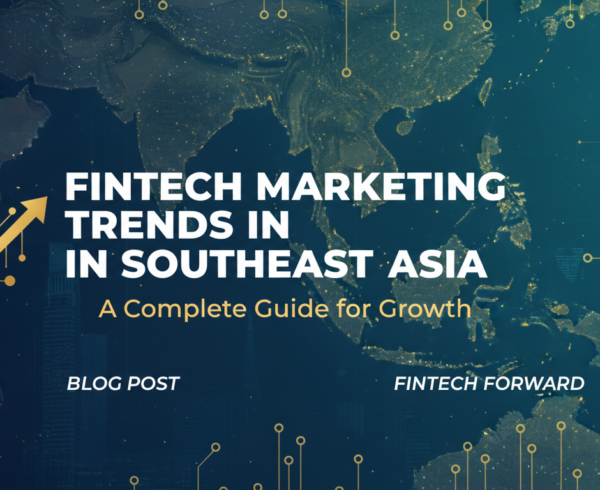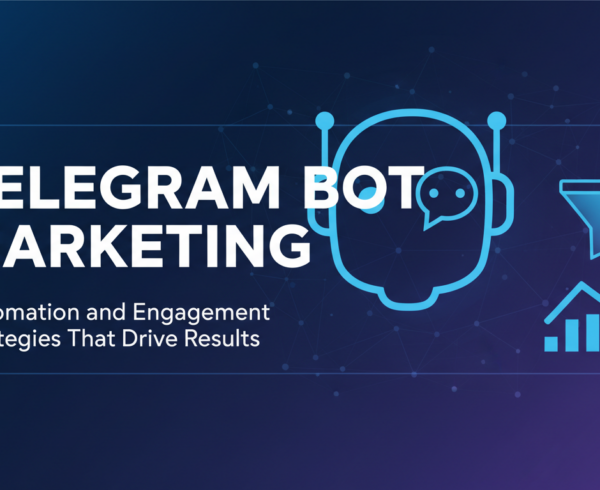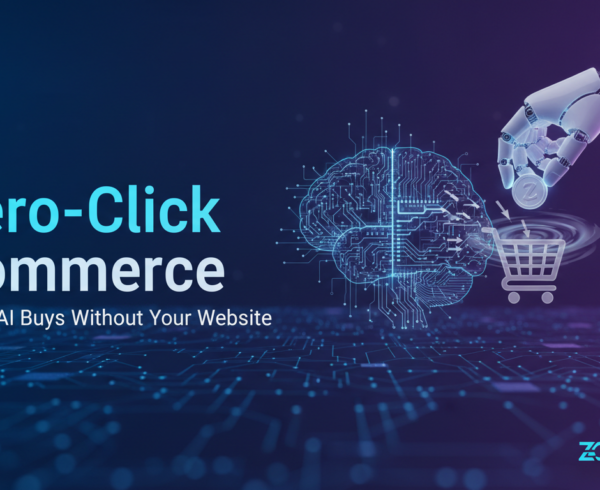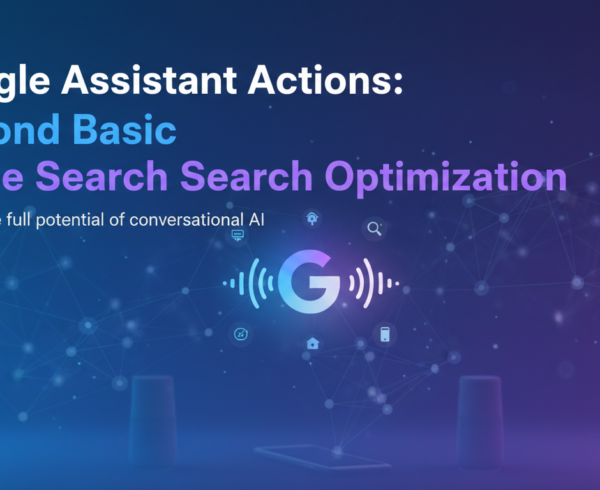Artificial intelligence (AI) is rapidly changing the world around us, and the field of marketing is no exception. From automating mundane tasks to offering unprecedented levels of personalization, AI is revolutionizing how marketers connect with their audiences and achieve their goals. This article delves into the various ways AI is transforming the marketing landscape, drawing insights from multiple industry reports and research.
1. AI-Powered Personalization: The Key to Customer Engagement
One of the most significant ways AI is changing marketing is through personalization. AI algorithms can analyze vast amounts of data about individual customers, such as their demographics, browsing history, purchase behavior, and social media activity. This information can be used to create highly personalized marketing messages and experiences that are more relevant and engaging. For example, AI can personalize emails, product recommendations, website content, and even social media ads. This level of personalization can lead to higher conversion rates, improved customer satisfaction, and increased brand loyalty.
2. AI-Driven Content Creation: From Copywriting to Video Production
AI is not just personalizing content; it’s also creating it. AI-powered tools can generate written, audio, and visual content, such as blog posts, social media updates, product descriptions, and even videos. This frees up marketers to focus on more strategic tasks, such as developing marketing campaigns and analyzing data. While AI-generated content is not yet perfect, it is rapidly improving. In the future, AI will likely play an even more significant role in content creation, helping marketers create more engaging and effective content.
3. AI-Powered Chatbots: Revolutionizing Customer Service
AI-powered chatbots are transforming customer service by interacting with customers in natural language, answering questions, resolving issues, and even providing product recommendations. This can free up customer service representatives to focus on more complex issues, improving customer satisfaction and reducing costs. Chatbots can also collect valuable data about customer interactions, which can be used to improve products, services, and marketing campaigns. As AI technology continues to evolve, chatbots will likely become even more sophisticated and play an even greater role in customer service.
4. AI-Powered Predictive Analytics: Forecasting Marketing Trends
AI is also transforming marketing through predictive analytics. AI algorithms can analyze historical data to predict future outcomes, such as customer churn, customer lifetime value, and the success of marketing campaigns. This information can help marketers make more informed decisions about where to allocate resources, which campaigns to run, and which customers to target. Predictive analytics can also help marketers identify and prevent fraud, improve risk management, and optimize pricing strategies. As AI technology continues to evolve, predictive analytics will likely become even more powerful and play an even more significant role in marketing.
5. AI for Marketing Automation: Streamlining Processes and Workflows
AI is automating various marketing tasks, such as email marketing, social media management, and ad targeting. This not only saves marketers time and resources but also allows for more efficient and effective campaigns. AI-powered marketing automation platforms can analyze data, segment audiences, and personalize messages at scale, leading to improved engagement and conversion rates.
6. AI and the Metaverse: Marketing in the Virtual World
While still in its early stages, the metaverse presents new opportunities for marketers to connect with audiences in immersive virtual environments. AI can play a crucial role in creating personalized experiences, developing virtual products and services, and facilitating transactions within the metaverse. As the metaverse evolves, AI will likely become even more important for marketers looking to engage with consumers in this new digital frontier.
7. AI-Powered Social Media Marketing: Enhancing Engagement and Reach
AI is transforming social media marketing by analyzing user data to identify trends, personalize content, and optimize ad targeting. AI-powered social listening tools can track brand mentions and sentiment, providing valuable insights for reputation management and customer service. AI can also help marketers automate social media posting and scheduling, freeing up time for more strategic activities.
8. AI for Search Engine Optimization (SEO): Boosting Organic Traffic
AI is being used to improve SEO by analyzing search trends, optimizing website content, and building high-quality backlinks. AI-powered SEO tools can identify relevant keywords, analyze competitor strategies, and track website performance, helping marketers improve their search engine rankings and drive organic traffic.
9. AI and Influencer Marketing: Identifying and Collaborating with the Right Influencers
AI can help marketers identify and collaborate with the right influencers by analyzing their audience demographics, engagement rates, and brand affinities. AI-powered influencer marketing platforms can automate outreach, track campaign performance, and measure ROI, making influencer marketing more efficient and effective.
10. AI-Driven Market Research: Understanding Consumer Behavior
AI is transforming market research by analyzing large datasets to identify consumer trends, preferences, and sentiment. AI-powered market research tools can automate surveys, analyze social media conversations, and track online reviews, providing valuable insights for product development, marketing campaigns, and brand strategy.
Challenges and Ethical Considerations
While the benefits of AI in marketing are numerous, there are also challenges and ethical considerations that marketers need to be aware of. These include data privacy concerns, the potential for AI bias, the cost of implementation, and the need for skilled workers.
Conclusion
AI is transforming the marketing landscape in profound ways, offering marketers new tools and capabilities to connect with their audiences and achieve their goals. By embracing AI and adapting to the changing landscape, marketers can unlock new levels of efficiency, engagement, and ROI. However, it is crucial to address the challenges and ethical considerations associated with AI to ensure responsible and effective implementation. As AI continues to evolve, marketers who are willing to learn and adapt will be well-positioned for success in the years to come.

